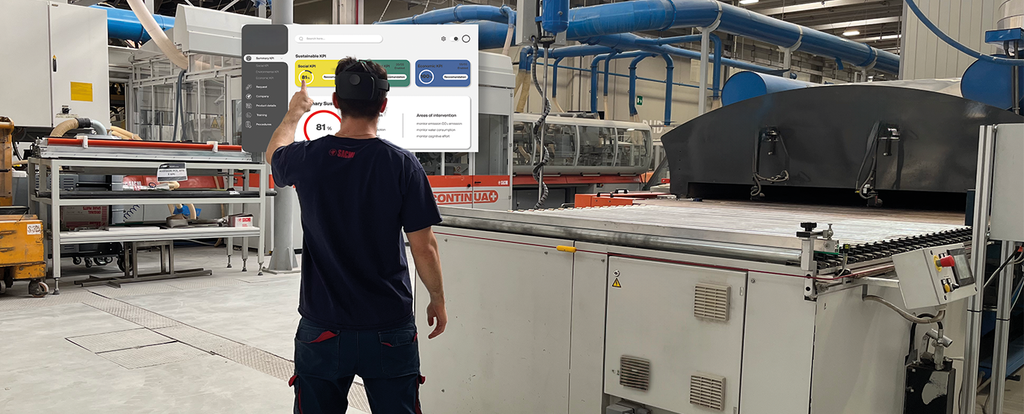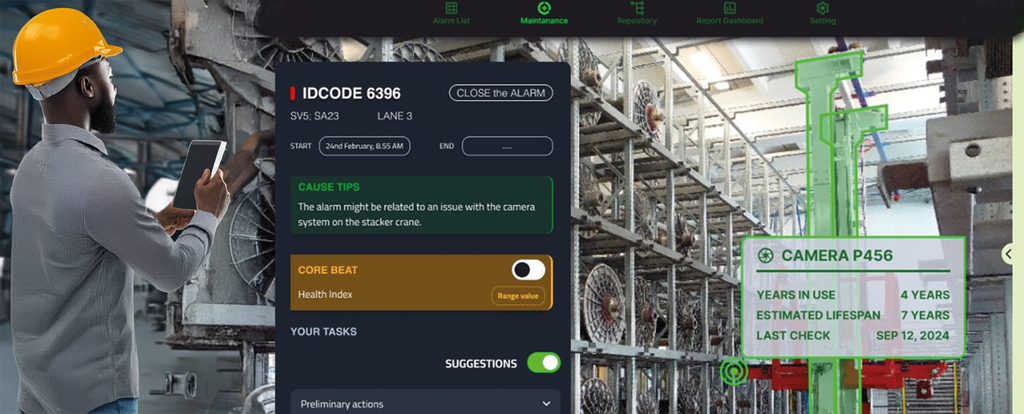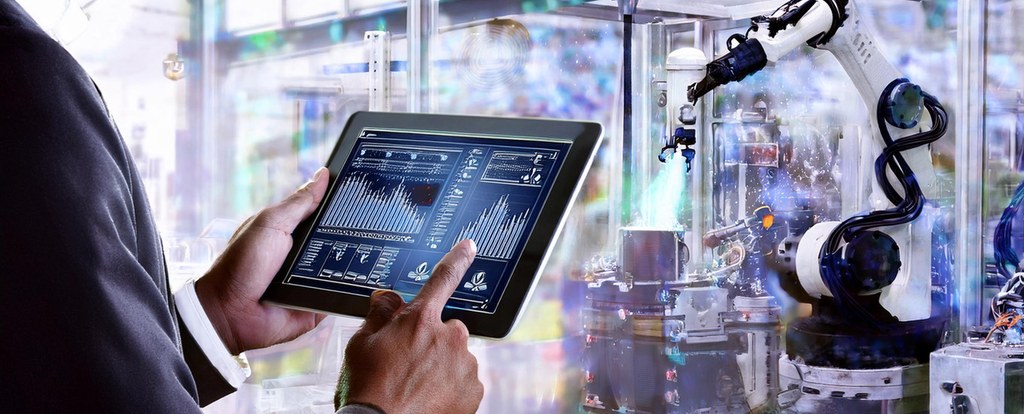HMI Design and Prototyping
It focuses on the development, evaluation, and optimization of Human-Machine Interfaces (HMI) able to facilitate effective interaction between humans and machines in industrial and manufacturing environments. This interdisciplinary field integrates principles from human factors engineering, cognitive psychology, ergonomics, user experience (UX) design, and systems engineering to create intuitive and efficient user interfaces for complex systems.
Research activities include:
1. User-Centered Design (UCD): developing interfaces based on the needs, limitations, and behavior of end-users, typically operators, technicians, or engineers.
2. Prototyping and Usability Testing: creating low- and high-fidelity prototypes of HMI systems, followed by iterative usability evaluations using qualitative and quantitative methods.
3. Interface Design for Smart Manufacturing Systems: designing HMIs for cyber-physical systems, industrial robots, automated production lines, and control systems in Industry 4.0 environments.
4. AR/VR and Multimodal Interfaces: exploring advanced interaction technologies such as augmented reality (AR), virtual reality (VR), voice control, gesture recognition, and haptic feedback.
5. Safety and Cognitive Load Optimization: ensuring that interface designs support situational awareness, reduce operator fatigue, and enhance system safety and reliability.


